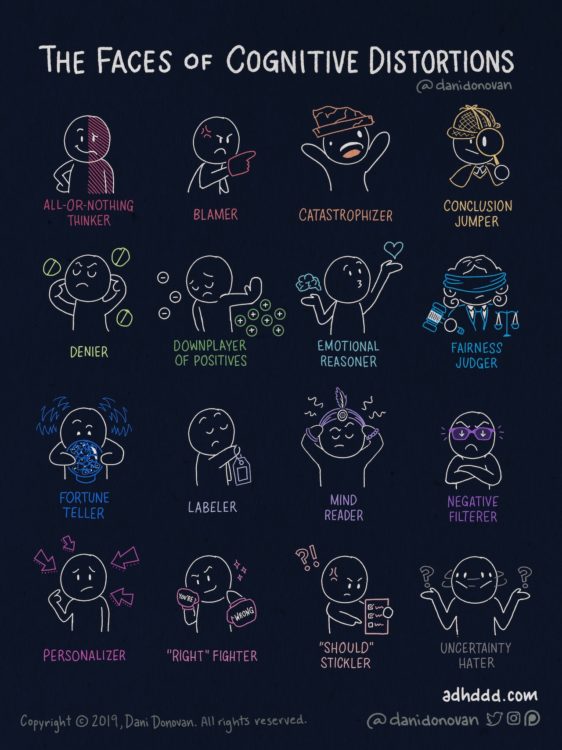
The Coronavirus has left people in social isolation. As a result, they are housebound, and their movement is restricted. Consequently, people are panicking because their lives are out of their control. They can no longer go to work and don’t have a clear idea when things will be back to normal. Furthermore, their children are stuck at home, and no one has a break from each other. All of this feels life-threatening, leaving them feeling fear, anxiety, and frustration. In these circumstances, we have to create new coping skills. Additionally, not knowing if you have the virus while it is highly contagious creates tremendous tension that can reach a panic attack level. Fortunately, amputees’ skills can help deal with a pandemic.
As amputees, we have all had our fair share of social isolation, and having to learn to walk again was hard enough. However, we are now regaining control over our lives after Amputees’ skills help deal with a pandemic. Additionally, amputees found physical rehabilitation to be one of the most challenging things they accomplished. Furthermore, we have all dealt with depression, anxiety, and fear as we got back on our feet. Nevertheless, our experience as we struggled through physical and mental pain helped us get through this pandemic.
We have endured long periods of confinement while adjusting to our new life without a limb. Every amputee has gone through a life-changing experience. We struggled with the psychological aspects of our recovery and are more resilient because of it. Frustration can be overwhelming no matter how hard we try to turn things around, it seems to end up as wasted effort, and all we can do is throw our hands up and ask, “Why me?”As much as we resist our anger, sadness, grief, or frustration, it is often during these dark moments that we realize we have the most significant opportunity for transformation.
Amputees’ Skills Help Deal with a Pandemic
Amputees’ skills help deal with a pandemic. We had gone through these feelings when we recovered from losing a limb. Returning to this emotional space, here are some ways to better control your emotional wellbeing. Experiencing a pandemic and being forced to be socially isolated diminishes your control over life. We have probably all heard the phrase “resistance is futile.” You were not asked to do these things. You were told to. Fighting against negative feelings will not make them go away. If you find yourself in a dark room, you will not make it light by pretending it is not dark. You must, at some point, acknowledge that it is dark before you search for light. To change your mood, you must first admit how you feel.
This social isolation will teach you something about yourself. Being away from other people is frustrating that leads to depression. The upside is that it allows you to see yourself without considering other people. It can mean the difference between being alone and being lonely. If this is the cause of your depression, then you know how to control and reframe the feeling. The more you know the triggers that cause you to feel frustrated, the more you can handle it. You are now able to reframe your feelings. Emotional reactions can teach us a great deal about ourselves. Rather than see your depression as an enemy, reframe it. Learning about yourself and growing as a person could be a possibility.
When you wake up in a bad mood, try focusing on what you are grateful for. Don’t focus on how this pandemic has restricted you. Concentrate on those parts of your current life that you enjoy. Taking a few moments to build a simple list of things you are thankful for each day can significantly improve your mood and change your outlook.
The virus is out there. Its threats will not go away. It is up to you to stay focused on what you can do, not to catch it. Don’t let discouragement influence your attitude. The effect of the Chronovirus goes unchanged. You can never be sure the people around you are contagious. It is time to start to monitor your negativity. If we consistently engage in negative self-talk, it is virtually impossible to feel good about ourselves. Try to remain aware of your thoughts throughout the day, or consider keeping a journal to help you shift your negative thoughts into positive affirmations.
It’s easy to get so caught up in emotions that we become them. People often say, “I’m angry at the Cronoavirus,” rather than “I have anger at the precautions I have to make.” You are not stuck with your feelings because you are more than your emotions. Acknowledging your feelings means being able to observe them without being overcome by them.
Exercising releases endorphins, which create a positive feeling in the body. Regular exercise improves mood, reduces depression, and alleviates symptoms of anxiety and stress. Yoga is also beneficial, as well. There are many online yoga websites for amputees. The most famous is Marsha Danzig
Even brief meditation helps us monitor our thoughts and feelings, but it also brings us into the present moment. When you are in a bad mood, it might be over something that occurred yesterday or last week. We can experience freedom and peace when we enter the present moment.
Amputees’ Skills Help Deal with a Pandemic
Amputees’ skills help deal with a pandemic. The daily grind of life can start to feel mundane, and a lack of stimulation or excitement can contribute to a bad mood. Novelty awakens the senses and sparks our curiosity. Try something you’ve never done and enjoy the benefits of shaking up your routine.
Sometimes, speaking your thoughts aloud and sharing your feelings with others may help you feel better. Consider talking to someone you trust, such as a friend, family member, or qualified therapist.
Emotions are meant to be expressed, not repressed. When you feel like you are in a bad mood, try using your favorite creative means to express your feelings. Write a poem, play an instrument, draw, paint, dance, or craft—whatever moves you.
Spending time outside naturally relieves stress. Sunlight, fresh air, and living plants tend to give us a sense of invigoration and aliveness. Going out also gives us a great excuse to exercise. Try going for a bike ride, a walk, or a hike in the woods next time you feel down in the dumps.
Giving evokes feelings of gratitude and promotes feelings of goodwill. Sharing also releases oxytocin, a feel-good hormone in the brain. Shifting your focus away from yourself and onto someone you care about may help you gain perspective and feel a more reliable connection to others.
It is easy to let your self-care regimen fall apart when you’re down in the dumps. Taking care of ourselves is essential to ensuring that we feel good physically, emotionally, and mentally. Among other important things, ensure you eat a healthy diet, get plenty of rest, and effectively manage your stress.
Studies have shown that people experiencing depression often set unrealistic goals. While setting goals is a great way to motivate oneself, setting unattainable goals will only increase our feelings of dissatisfaction and hopelessness. Consider working with a life coach or therapist to help you create realistic goals and set them into action.
We judge ourselves too harshly and others too meekly. Sometimes when we ask ourselves, “Why am in a bad mood?” we may find it is due to feelings of shame, regret, or guilt over mistakes we have made in the past. Forgiving ourselves is typically more difficult than forgiving others. Remind yourself that you are human and that life is a learning process. Let go of your mistakes and focus on how you can do better in the future.
Know When You Need Help
One thing that amputees display has been their determination to heal themselves. They can use the skills they have learned to face the stress and depression that the Coronavirus creates. If you have tried unsuccessfully to improve your mood and nothing seems to work, consider reaching out for help. Depression and chronic bad moods can seriously affect a person’s quality of life and lead to more serious mental health issues. You can find a therapist that will help you on the phone, by texting, or via skype or zoom.




